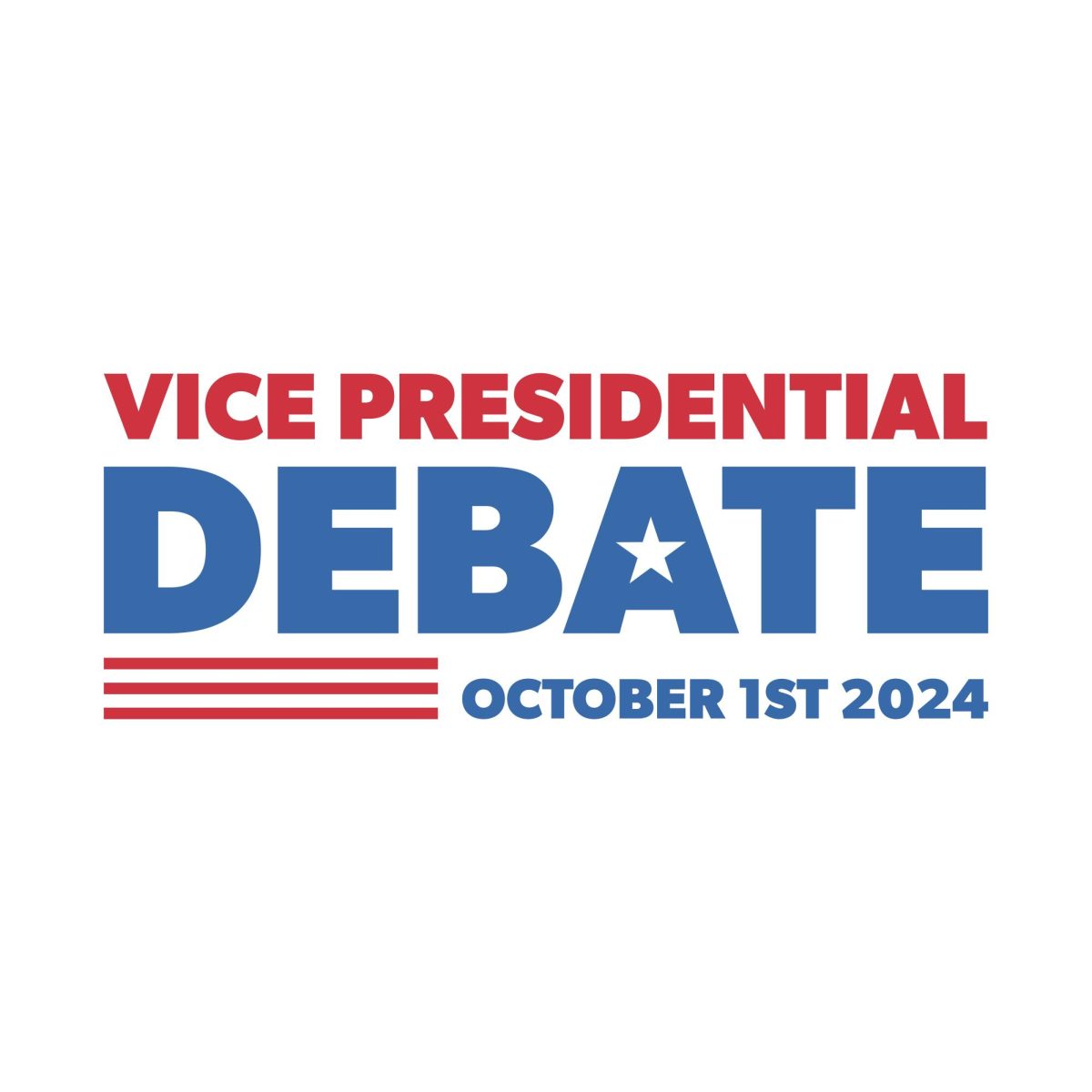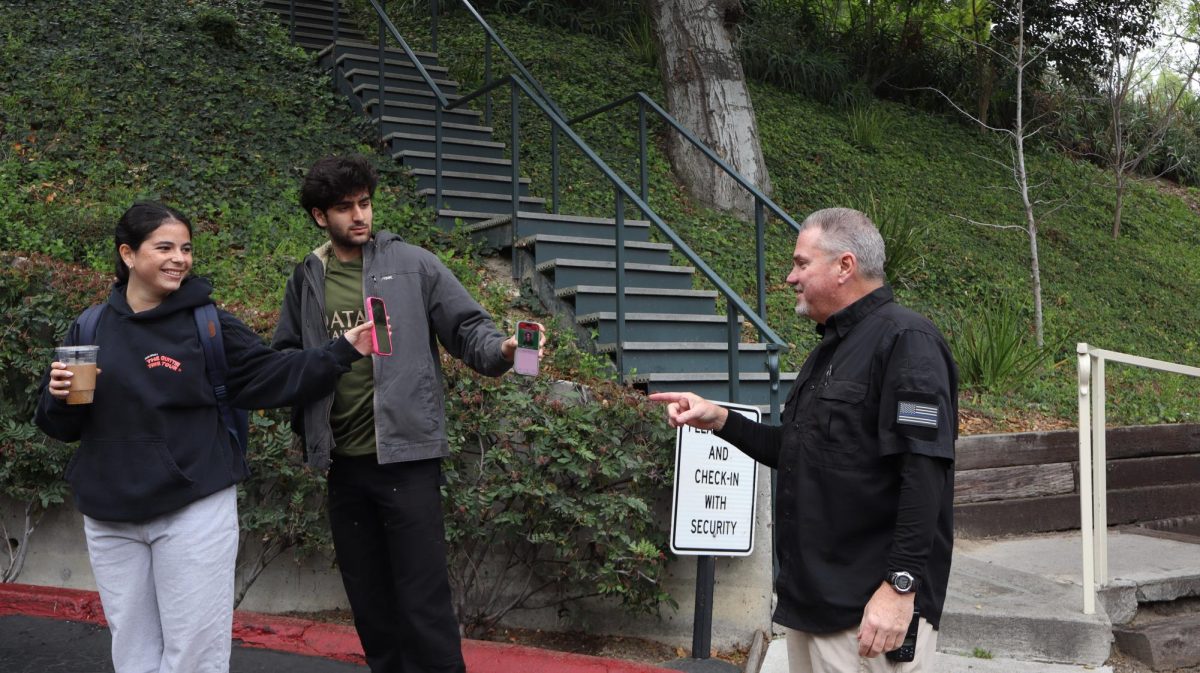Last week’s vice presidential debate provoked different reactions in students and faculty, as the candidates engaged in a display of civility while debating hot-button issues, leaving the community divided as to who came out on top.
Republican vice presidential candidate Ohio Sen. JD Vance straightened his pink tie, and Democratic vice presidential candidate Minnesota Gov. Tim Walz slipped a friendship bracelet onto his right hand moments before the two faced off in a debate at the CBS News Center in New York on Oct. 1 at 6 p.m. PST. This was the only vice presidential debate occurring this election cycle, taking place weeks after the first and only presidential debate between former President Donald Trump and Vice President Kamala Harris Sept. 10.
Jonah Gaetz ’27 said Vance appeared to be the more reasonable candidate.
“JD Vance won the debate,” Gaetz said. “He is on the ticket to lend reason to Trump. Walz is on the ticket to add balancing flavor to Harris. He is most effective at a state fair in jeans admiring a butter sculpture.”
History teacher Ingrid Sierakowski said she noticed the move away from contentious exchanges that have come to define modern politics in favor of more civil discourse.
“Previous debates were always more cordial,” Sierakowski said. “Some folks were saying this was going back to the more normal way debates were conducted as opposed to the jabs or the zingers or what was going to make the headlines.”
Junior Prefect Sarah Anschell ’26 said she appreciated the unexpected civility between the candidates.
“Seeing Vance respond compassionately to Walz’s personal stories was good to see and somewhat surprising given the normalized chaotic and disrespectful nature of political debates,” Anschell said.
Sierakowski said the candidate’s discussion of immigration was especially poignant for her. Even when the CBS moderators asked about topics unrelated, but the candidates kept returning to immigration, she said.
“Part of what stood out to me is the return all the time to immigration from both candidates,” Sierakowski said. “They are asking them questions about the economy and family, and they kind of always brought it back to immigration. That’s something personal to me because I’m an immigrant and my family are immigrants, so the fact that it continues to be painted as a major issue is kind of interesting to me.”
Senior Prefect Gideon Evans ’25 said he saw a stark contrast between the Vance-Trump campaign, which he felt elicited fear, and the Harris-Walz campaign, which he described as promoting unity.
“When you watch the Vance or Trump debate, there’s a sense of fear that comes from it and not bringing people together,” Evans said. “The entire Kamala and Walz campaign feels like saving the country instead of dividing it, and that’s what I took away.”






























